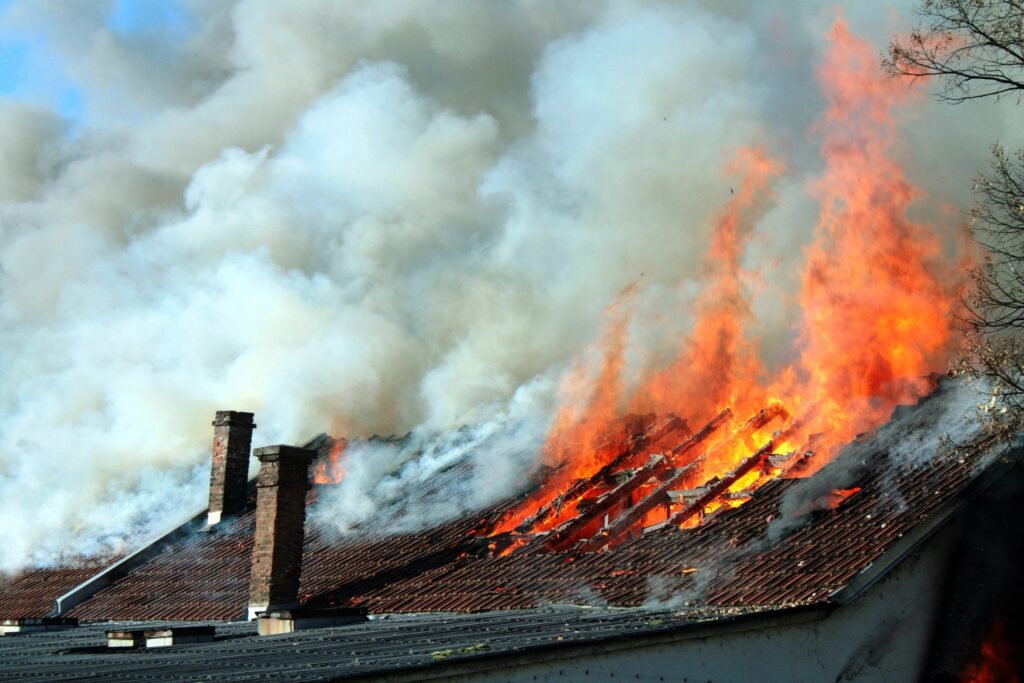
Looking at older homes to buy? There could be many issues that the seller is not aware of and some that the owner hides. While legal action can be taken after the fact, it’s inconvenient and can be expensive. A few examples of what you should look for that are easily concealed are:
Pests: They can end up causing thousands of dollars worth of damage. Pests are experts in hiding and often are infested in parts of the home that are out of the way or not in view like attics and crawl spaces. Although spotting pests–from wildlife and bats to termites, rodents, and other creepy crawlies–may be difficult, warning signs are often in plain sight. They often leave signs like small holes in the drywall, dry mud tubes along the foundation, small piles of shredded paper, sagging floors, peeling paint, or even floorboards that sound hollow. Look for droppings, odd smells, pest control products, and holes. Damaged plants outside can also signify pest breeding.
A qualified home inspector is your best option for finding any potential hidden problems with pests. Infestations never go away on their own and will decrease the home’s overall value.
Mold and Mildew: A huge challenge that brings health risks, potential damage to the home, and a huge question like, “Do I walk away from a house with mold?” Easy to hide with bleach spray or paint and one of the biggest warning signs of dampness issues. In many states, it is a requirement for sellers to disclose any known defects of the home to the buyers in paperwork. Including the history of mold and whether or not it has been professionally handled. Another good reason to have an experienced Realtor as he/she will be able to guide you around your state’s requirements as well as the ability to recognize potential mold/mildew problems.
Aluminum Wiring: A lot of this wiring is hidden behind walls and insulation. Many sellers are not even aware of what electrical hardware is installed in their homes. Common in homes built between 1965 and 1973, aluminum wiring is more likely to cause a fire than copper wiring. If the seller doesn’t know, it won’t be listed on the disclosures. This is when a home inspection is most important. But, if you are not even at the home inspection point, you can safely look at the electrical panel and see the cables that run into the attic and basement have an AL, ALUM, or ALUMINUM on the cable jacket.
When an inspector finds this type of wiring, they are duty-bound to report it and recommend further evaluation by a qualified electrician. Sometimes, this can lead to significant decisions, like removing the aluminum wiring or employing approved repair methods.
Leaks: Sellers can temporarily plug the leak to show the home. When you are looking at the home, be on the lookout for significant cracks in the foundation, moldy odors, or any water damage on the ceilings, walls, or windows that may have fresh paint hiding the flaw. Lift rugs and move potted plants to see if they are covering water issues. Can you spot new tiling randomly placed in the bathroom and kitchen? Open the windows and the doors and see if there are any separations or soft spots that may indicate window leaks. A small separation could lead to humidity in your house, which may lead to mold.
Some realtors advise buyers to use a general contractor to check the home as they are quick to see things that will cause problems. The seller must disclose any water damage and it can be scary to rely on them to give you the full and accurate information to decide to buy their home and how much to pay for it.
Foundation Problems: It’s a big scary red flag as a buyer to have to deal with foundation issues. Just hearing the words turns people away. While walking through the home try to notice any window or door frame gaps or cracks in the wall that might be from a faulty or unstable foundation. Sellers will try to hide the cracks or separation with more caulking and paint. Look to see if the paint is a bit uneven around windows and doors. Foundation issues can cause doors and cabinets to not shut properly and can cause beams to stress and break – don’t be afraid to open and close cabinets.
The Bottom Line: One of the worst feelings as a new homeowner is the fear that you’ve bought a home with problems that were not disclosed. Even if you, a general contractor or an inspector have found these and other problems but still want the home, a great realtor will do some good negotiating for you to have the sellers pay for the repairs.

 See Our National Coverage Map
See Our National Coverage Map
